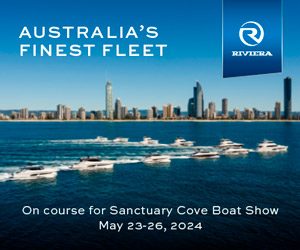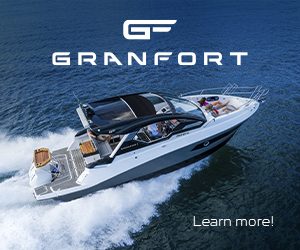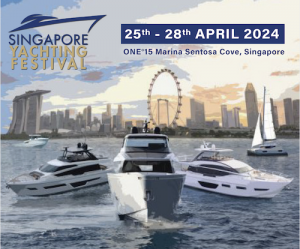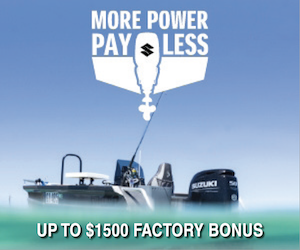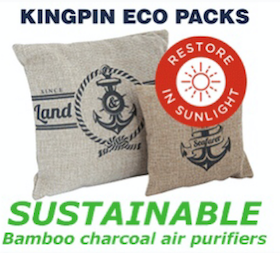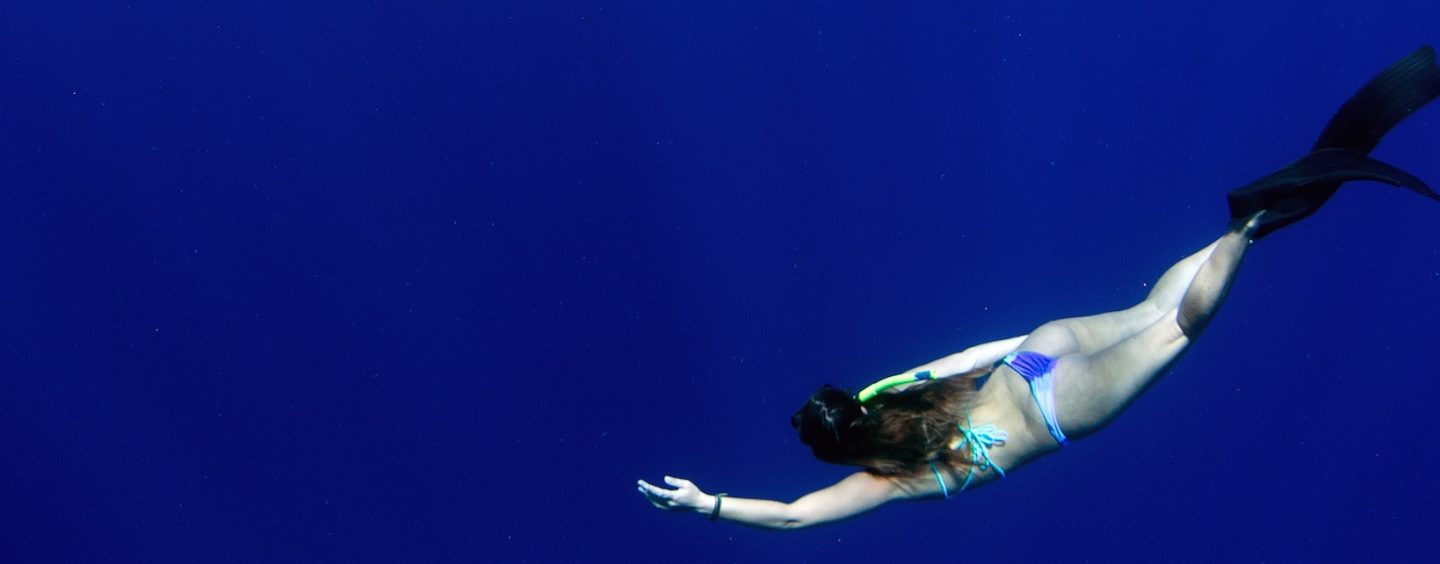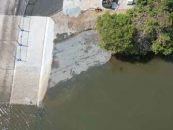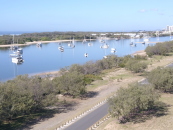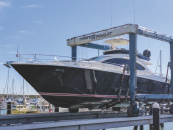Jacques-Yves Cousteau, the French oceanographer and pioneer of marine conservation, once said, “The sea, once it casts its spell, holds one in its net of wonder forever.” It is not just our love for the ocean that keeps us in awe of our marine environment. It is our instinct for survival that pushes us to work with the ocean and all things that rely on it to live.
Modern marine conservation became globally recognised in the 1970s in an era known as the “marine revolution”. Through the International Union for Conservation of Nature (IUCN), established in the 70s, nations could communicate and make agreements about marine conservation. After the formation of the IUCN, new independent organisations known as non-governmental organisations started to appear. These organisations were self-governed and had individual goals for marine conservation.
While there is a myriad of non-government and not-for-profit groups all over the world focused on marine conservation practices and techniques with various levels of involvement, recent developments show that the goal of marine conservationists can also be achieved through an entrepreneurial (even corporate) perspective. Multinational corporations have included environmental conservation and awareness in their corporate social responsibility programs, even if the main corporate goal has nothing to do with the environment. Over the decades, social entrepreneurship has evolved into a powerful tool for creating awareness on social (including environmental) issues, and relying on a company’s business profits to entirely support the objective of addressing these problems.
Two companies based in Southeast Queensland are what we can call “sea-preneurs”. They are run by profit-driven entrepreneurs, whose main goal is to create awareness about our marine environment and to address the problems of plastic pollution in our oceans.
Bins for the sea

Andrew Turton started to draft the premise of the Seabin concept seven years ago. Boat builder and sailor by trade, he spent years sailing and traveling around the world and it all stemmed from a simple thought of, “If we can have rubbish bins on land, then why not have them in the water?”
In 2014, Andrew teamed up with fellow boat builder Pete Ceglinski, and the two launched the Australian company Seabin Pty Ltd in 2015. Pete has a background in product design but switched to boat building after becoming disillusioned by designing single-use plastic products with short life spans. An upbringing of surfing, swimming, fishing and diving in Australia combined with design and “hands on” experience has given Pete the life skills and respect for the ocean that reflects in the Seabin Project’s vision and direction.
The V5 Seabin unit is a floating debris interception device designed to be installed in the water of marinas, yacht clubs, ports and any water body with a calm environment and services available. It can catch an estimated 1.5 kg of floating debris per day (depending on weather and debris volumes) including micro plastics down to 2mm small.
The Seabin moves up and down with the range of tide collecting all floating rubbish. Water is sucked in from the surface and passes through a catch bag inside the Seabin, with a submersible water pump capable of displacing 25,000 liters per hour, plugged directly into a 110/220V outlet. The water is then pumped back into the marina leaving litter and debris trapped in the catch bag to be disposed of properly. It is installed in a specific “debris problem area” in the marina on a floating dock. (seabinproject.com)
Bikinis for the ocean

Steph Gabriel founded OceanZen bikini, a swimwear business that is helping to clean up the oceans. The range was created after Gabriel spent years seeing first-hand just how much plastic makes its way into the sea. Having spent time cleaning up beaches in Australia also alerted Gabriel to how much plastic we use in daily life that we do not even notice.
When participating in a clean-up of Chilli Beach in Cape York, alongside the Clean Coast Collective, Gabriel saw not just thousands of bottles, which had actually drifted from countries all over the world, but other items she did not expect to see en masse. “We cleaned up 7.1 tonnes of waste from a 6.7 kilometre stretch of beach.”
Having also spent five years working on a whale-watching boat in Mooloolaba, Gabriel has seen how the boating community can have a negative impact on the oceans. “Lots of plastic is blown overboard from boats,” says Gabriel. “Plastic cups [and bags] can very easily blow overboard. Understand that if you sit things down while you’re fishing, for instance, they may not stay where you left them.”
In 2014, during her final year at university taking up Environmental Marine Science, Gabriel created OceanZen bikini. “I wanted to be a voice for sustainability,” she says. “I wanted to help people have an ‘aha’ moment. I wanted to launch something with an impact.”
Today, each bikini sold from the OceanZen range is made from fabric crafted from recycled plastics, mainly bottles and fishing nets collected from the oceans. “Marine debris is collected, cleaned and shredded,” says Gabriel. “Then, it’s recreated into fine yarn. That yarn is shipped to Italy, where it’s mixed with Lycra to make it stretchy.”
The company has also recently launched the Sea Bottle, a 750ml stainless steel eco-bottle. The big benefit of this is that it is completely free of hard plastic (the lid is made from bamboo instead). Plus, the bottle is double walled, vacuum-sealed, which means it can store both hot and cold beverages. Gabriel notes, “I wanted another way to explore sustainable products. Another avenue for sharing ways to be more sustainable.” (www.oceanzenbikini.com)
By Kellie Byrnes and Roselle Tenefrancia


